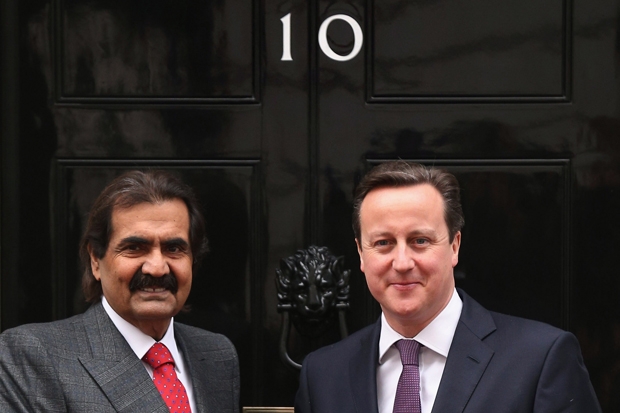Like almost everyone else, I have no idea whether the accusations about paedophilia in Parliament in the 1980s are true. One thing I do feel quite confident about, though, is the business of the lost ‘dossiers’. The suggestion is that the disappearance of the file containing Geoffrey Dickens’s accusations of about 30 years ago and of 114 other files proves a cover-up. It does not. Literally tens of thousands of government files are destroyed every year, without much inspection. I believe, for example, that the overwhelming majority of the files from the offices of Chief Whip, the Leader of the House and Lord President of the Council from the 1980s were thrown out. And it is commonplace for departments to destroy files from the private offices of ministers. Such obliteration is, perhaps, a form of cover-up, but not a selective one. The prejudice is in favour of chucking out things which might be interesting (and therefore embarrassing), but this is done not by weeding out individual stories: it means that everything gets thrown away unless specifically saved. Only departments with a careful eye to history, such as 10 Downing Street and the Foreign Office, make much effort to keep things properly. The departments have too much power in the matter, the National Archives too little. The scandal, in this respect at least, is not about ‘historic’ child abuse allegations, but about the sloppy treatment of historical records.
This year, for the first time, Royal Ascot was sponsored. Qipco, the investment vehicle of the Qatari ruling Al-Thani family, were the ‘official partners’ of the meeting. As a result, several al-Thanis were feted at the races. On the Wednesday, the Emir of Qatar had lunch with the Queen at Windsor and then rode with her in her carriage in the Royal Procession.









Comments
Join the debate for just £1 a month
Be part of the conversation with other Spectator readers by getting your first three months for £3.
UNLOCK ACCESS Just £1 a monthAlready a subscriber? Log in